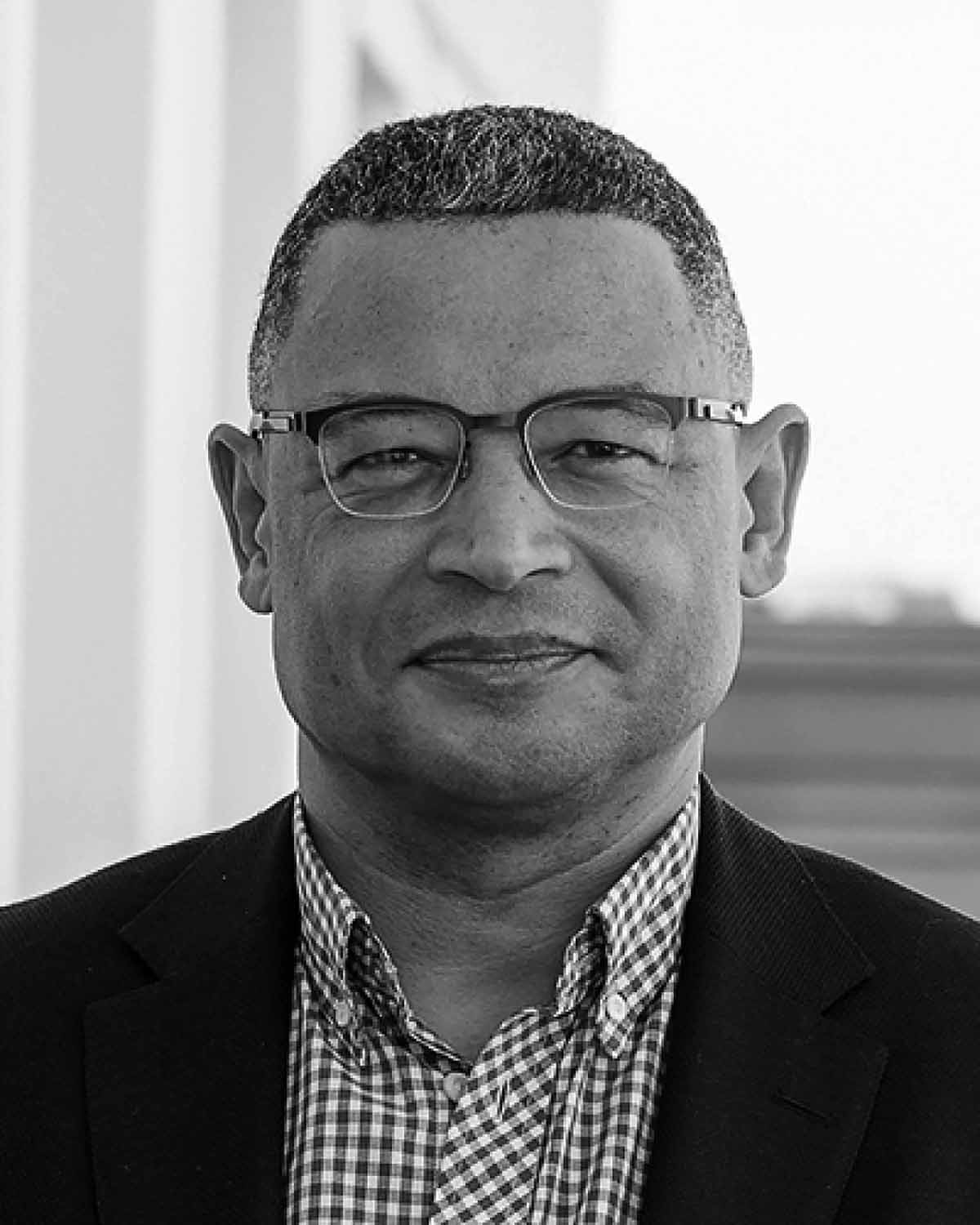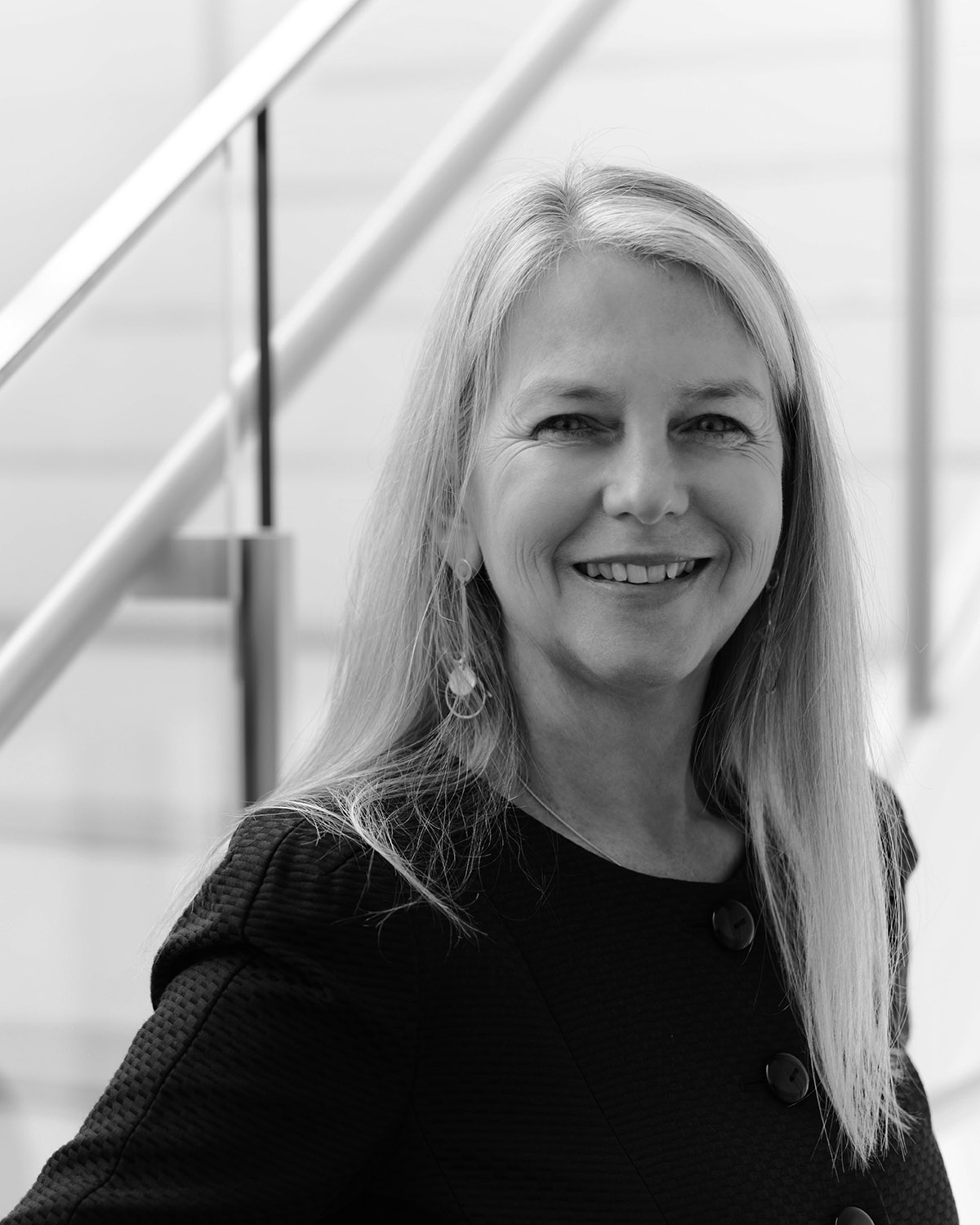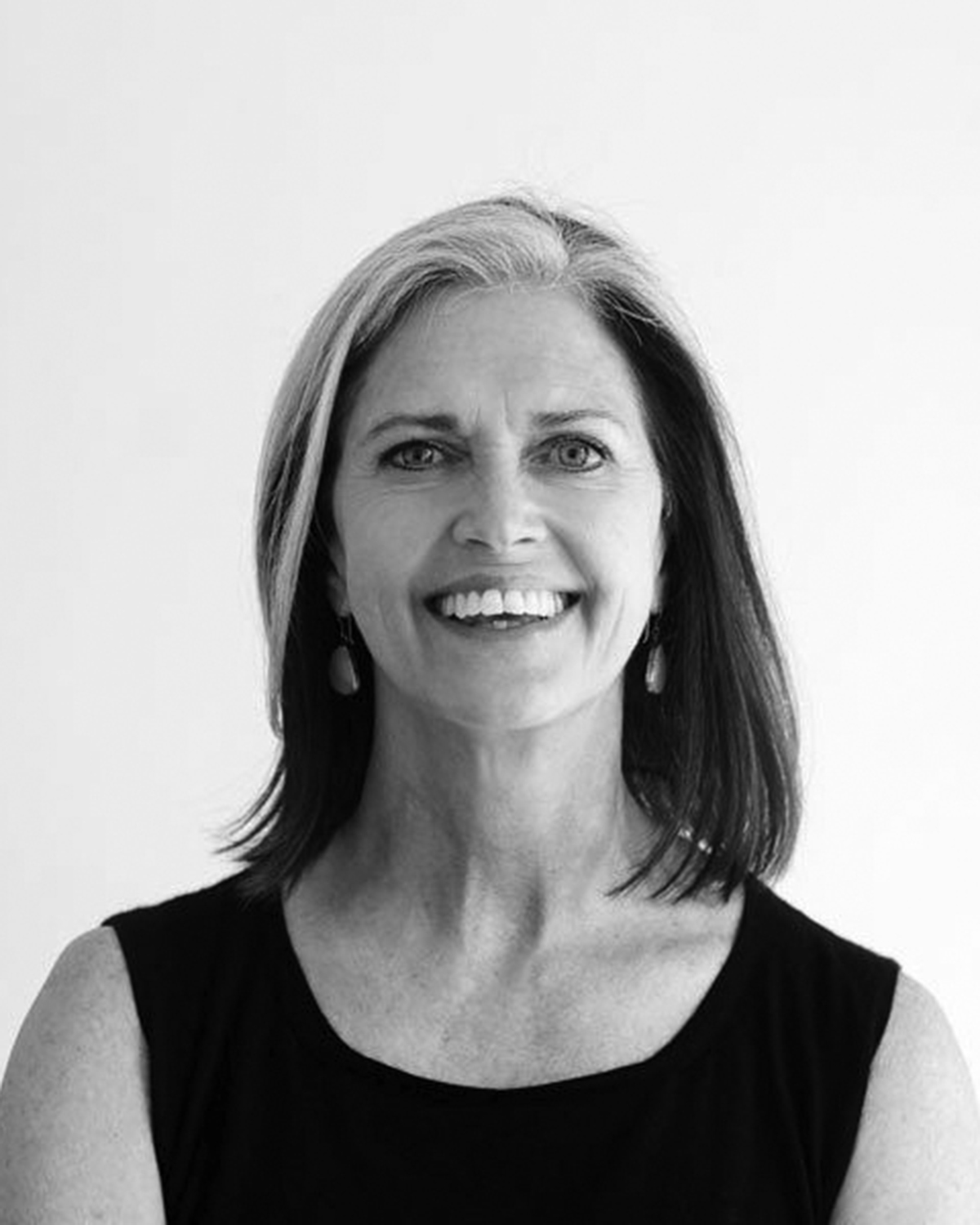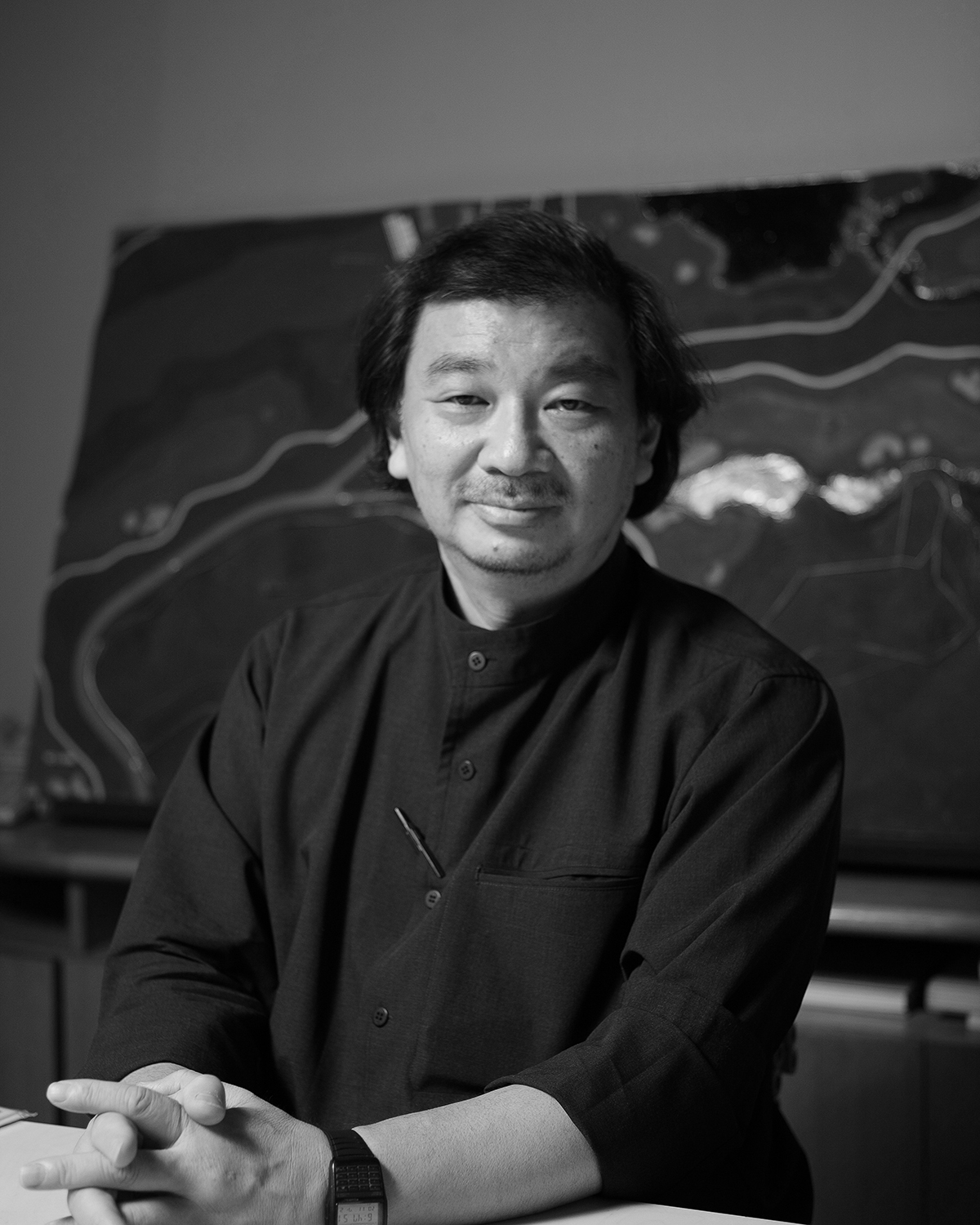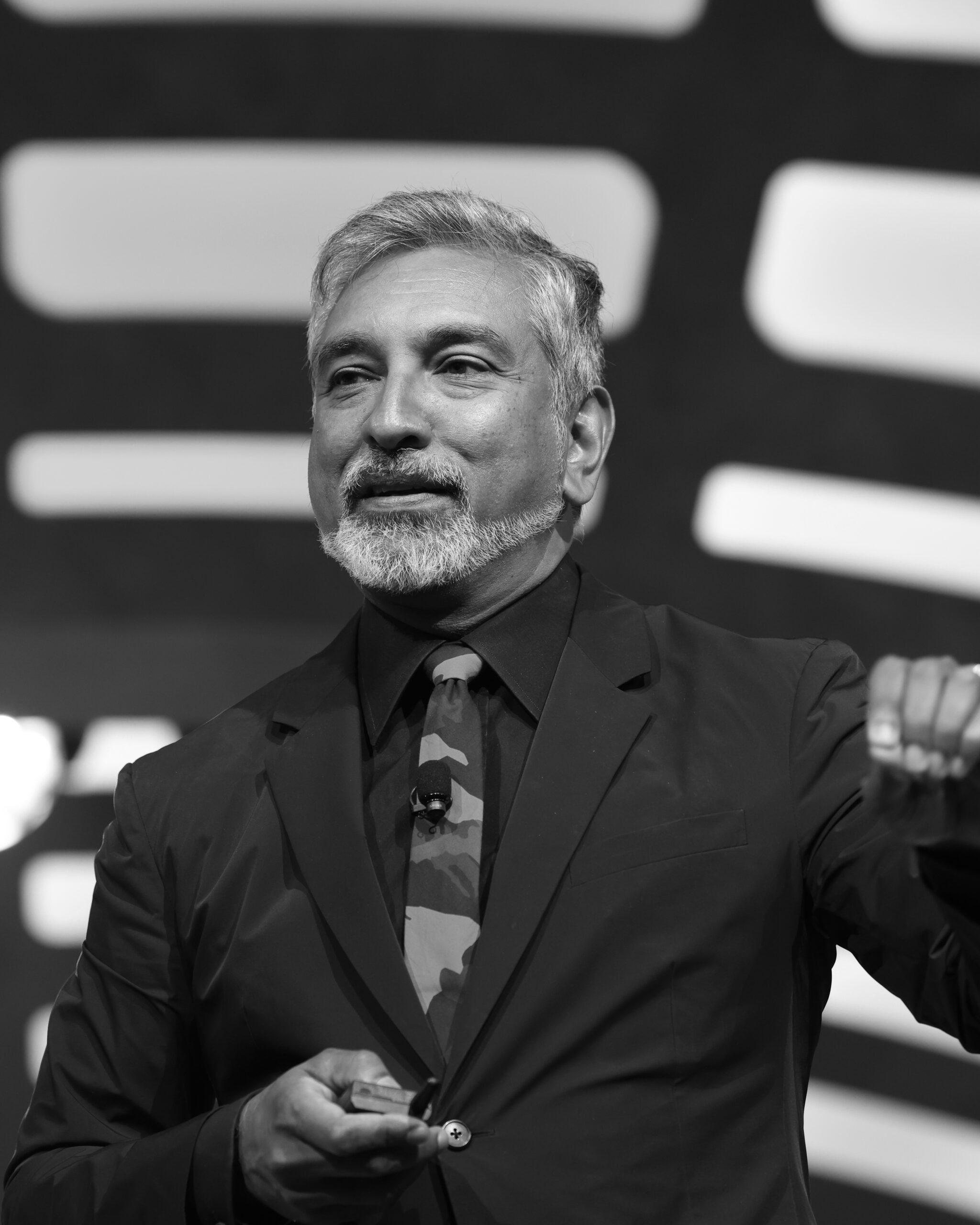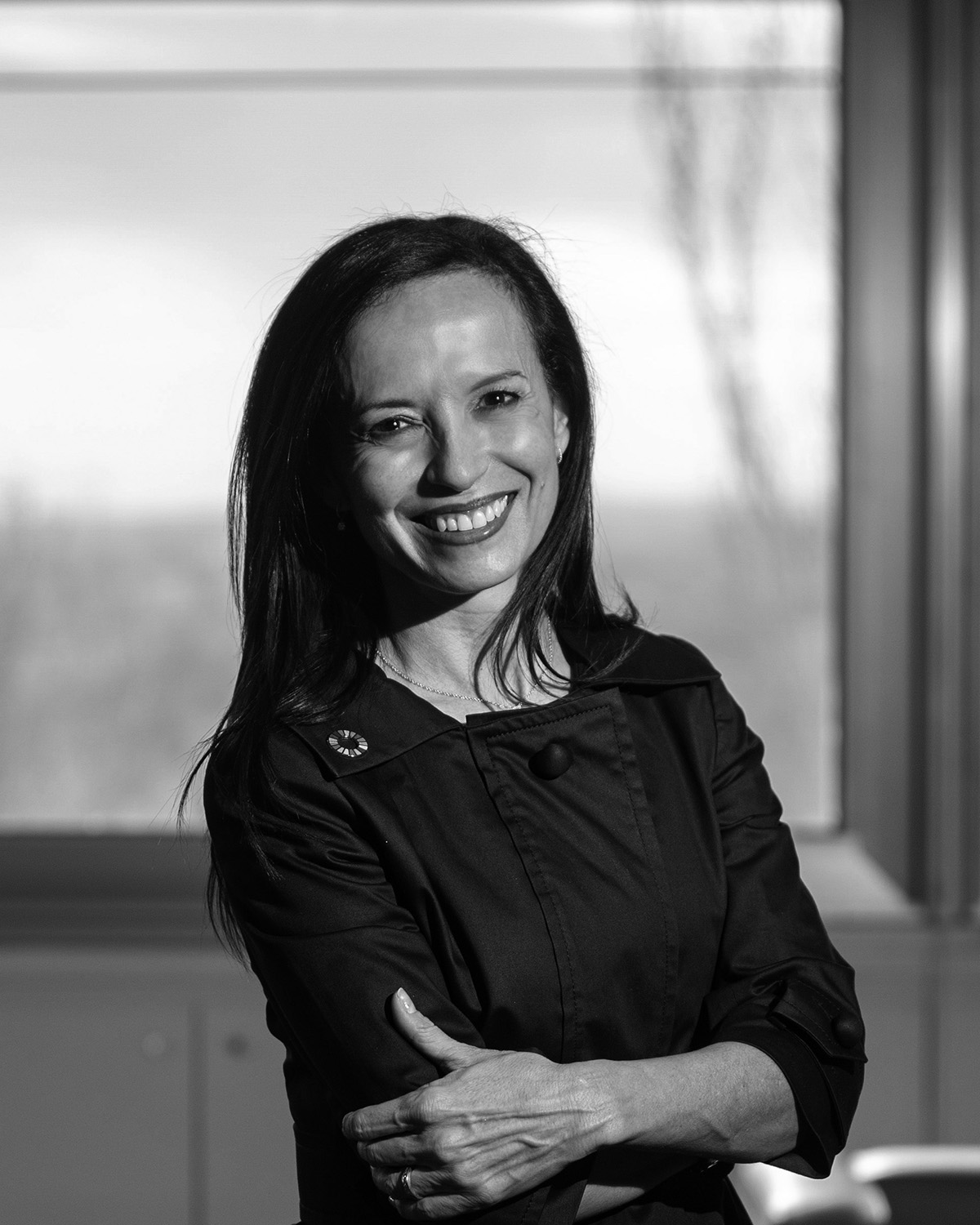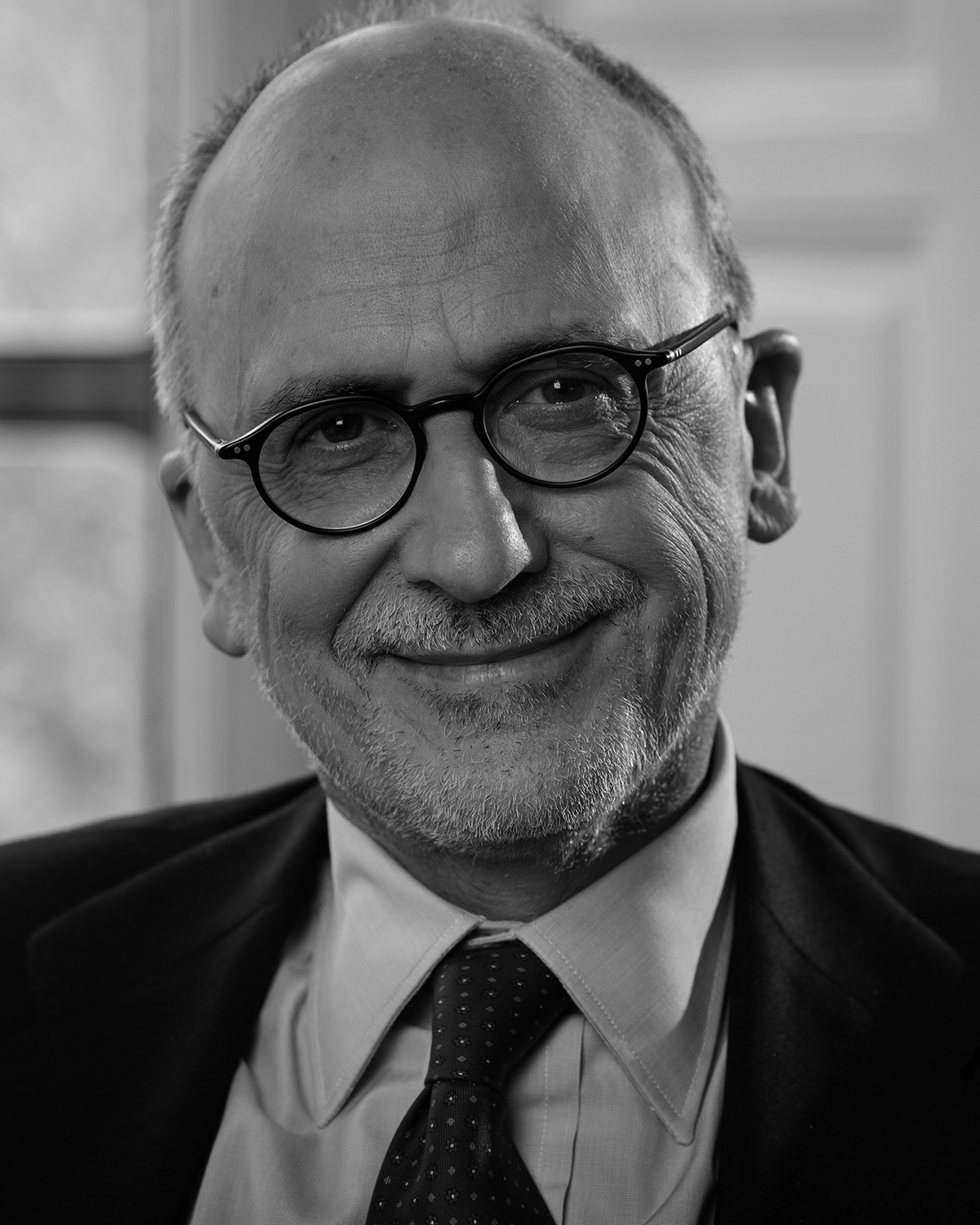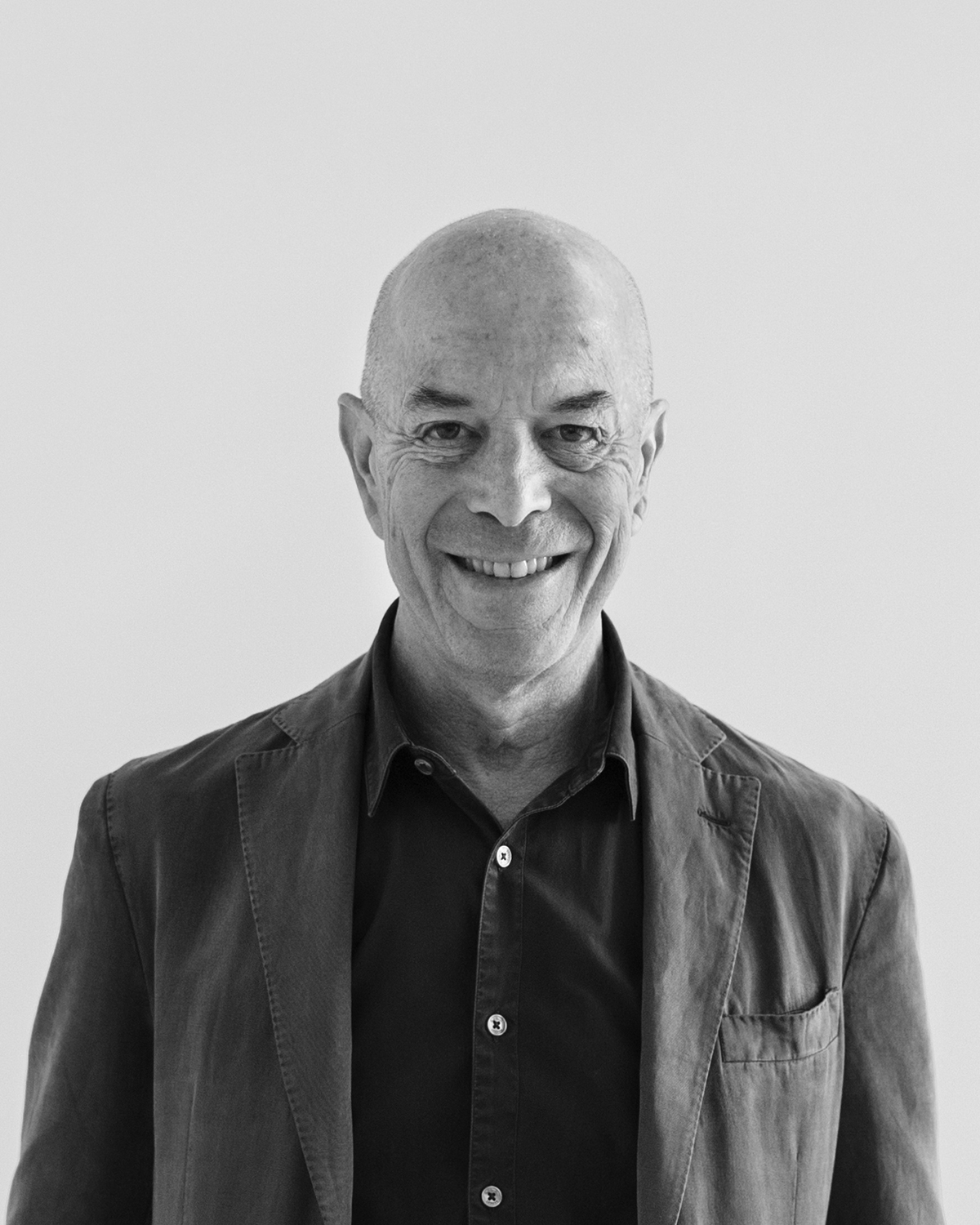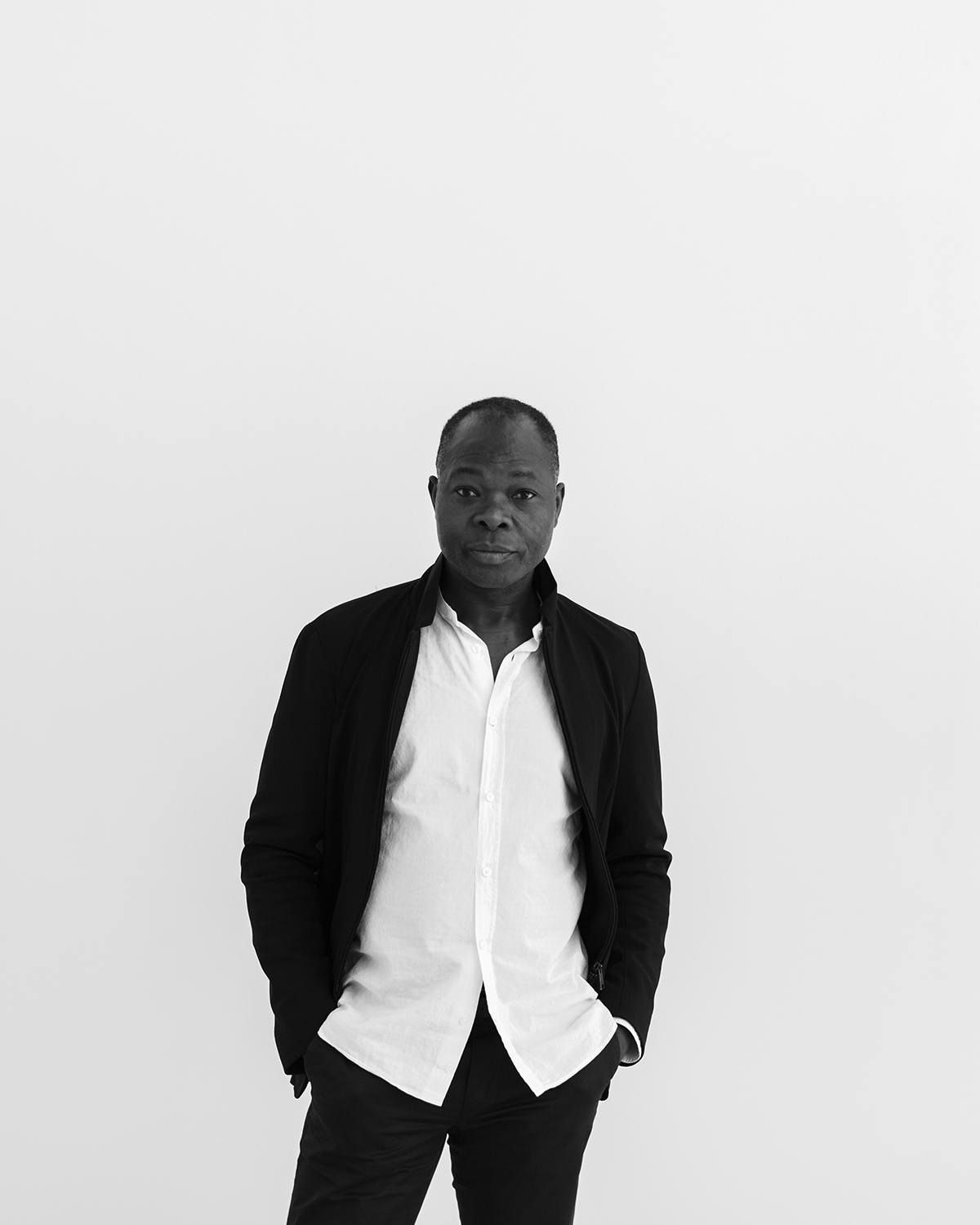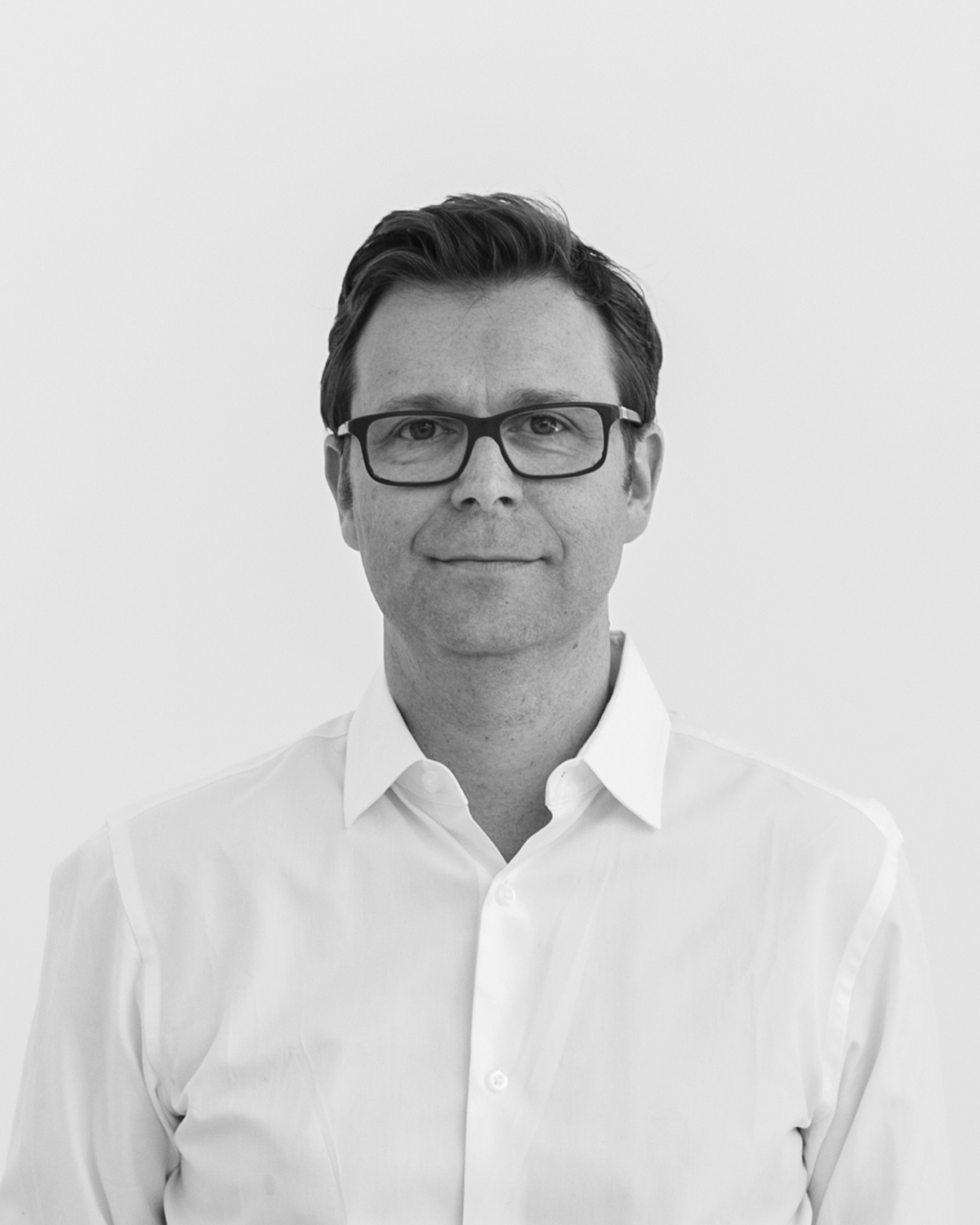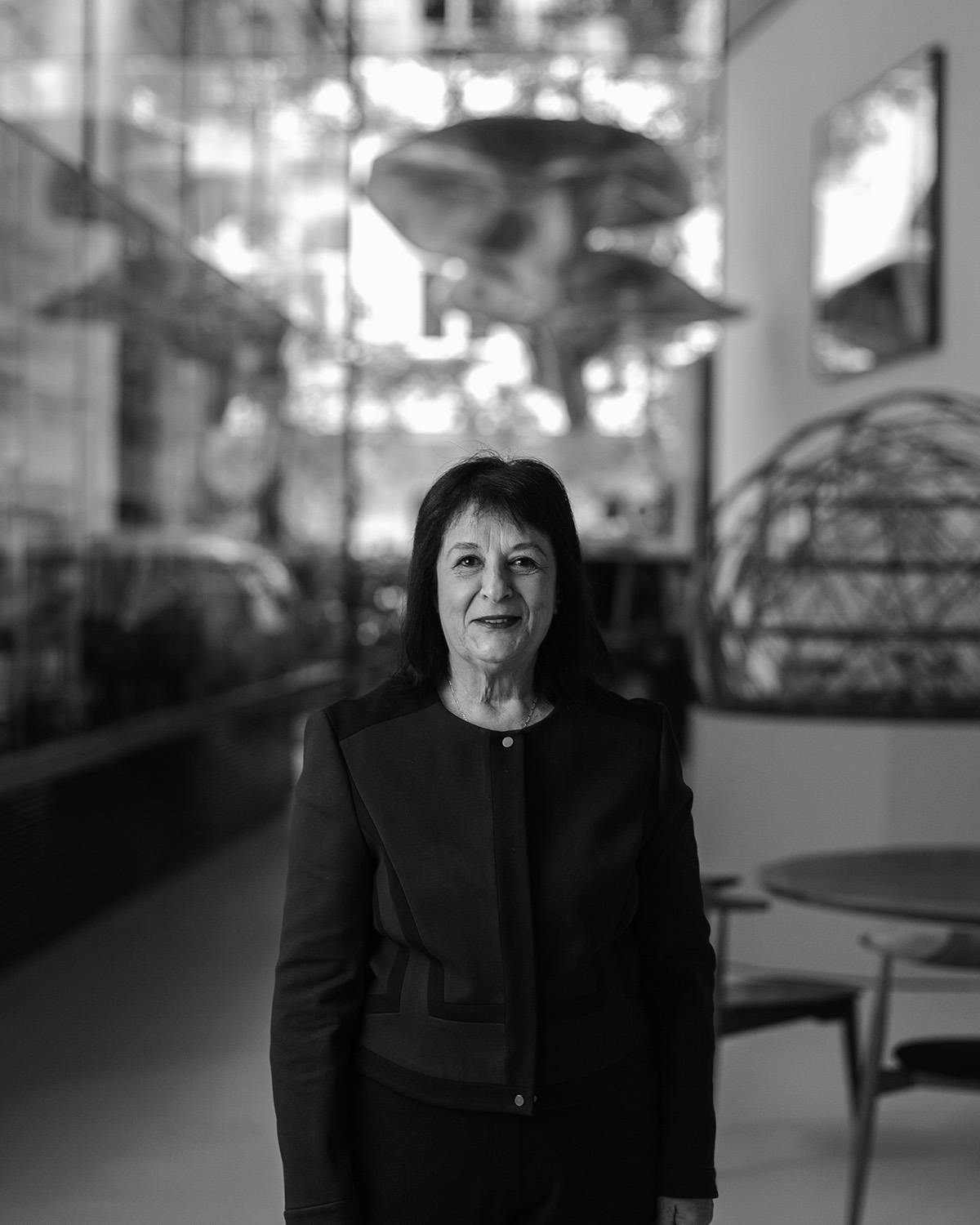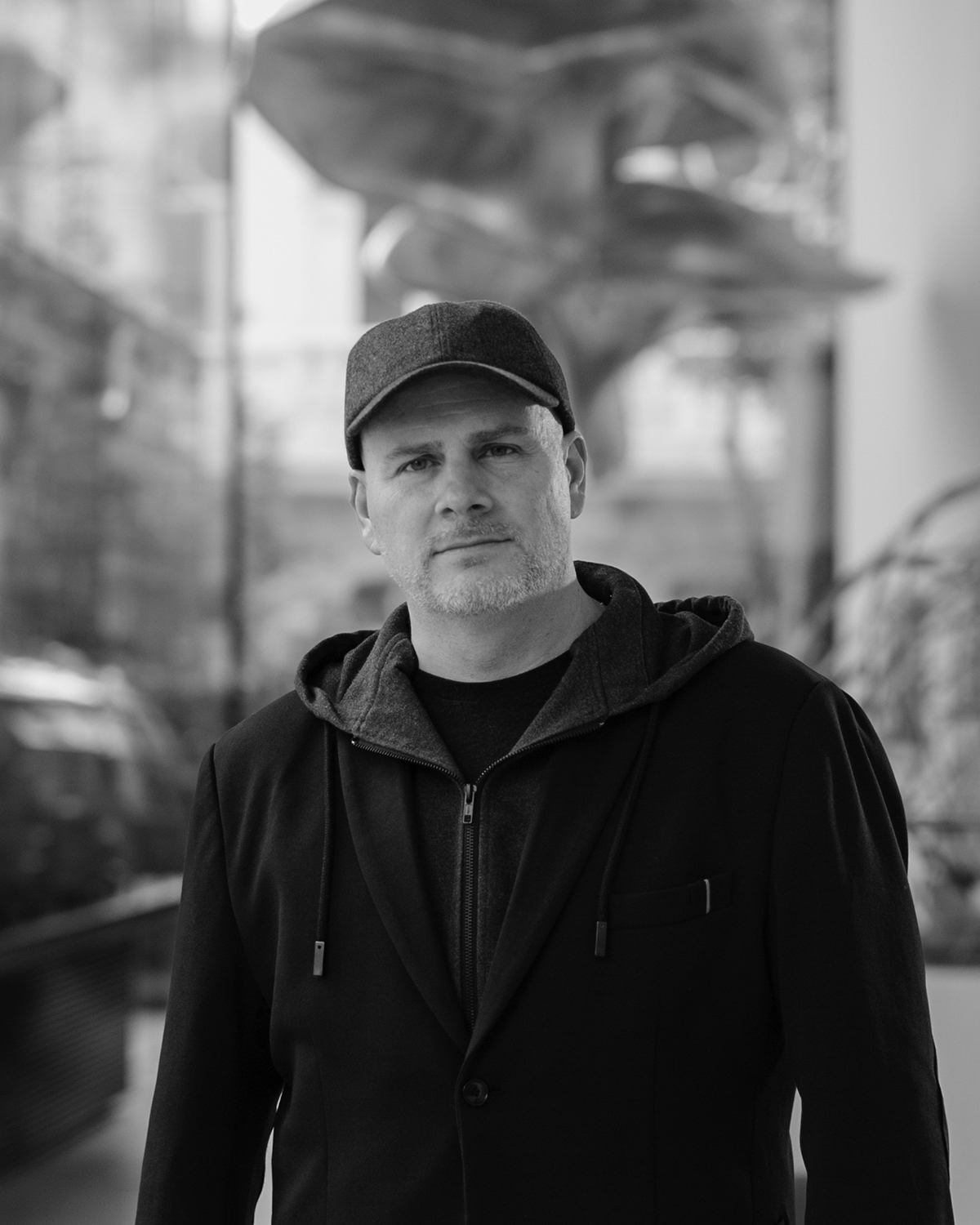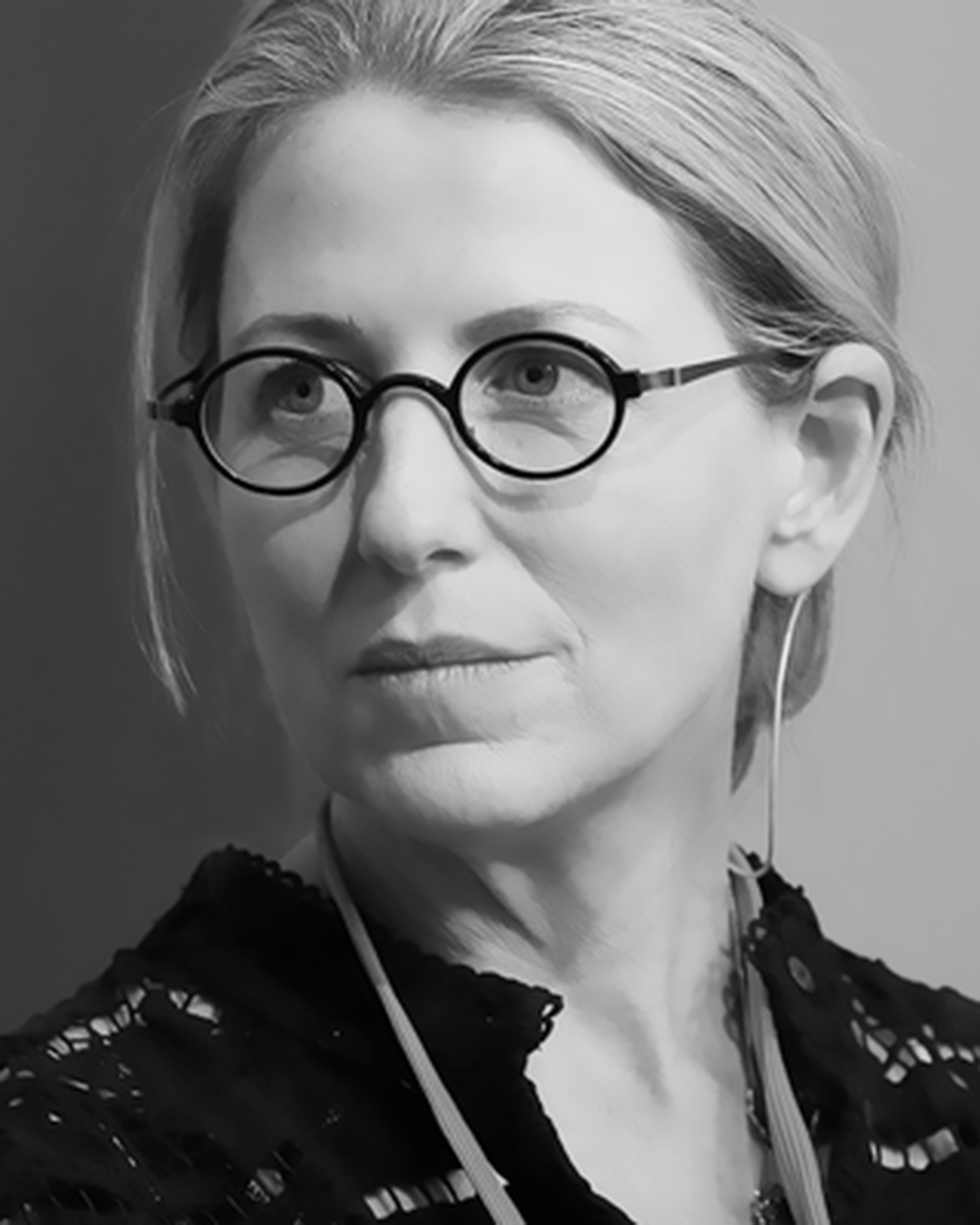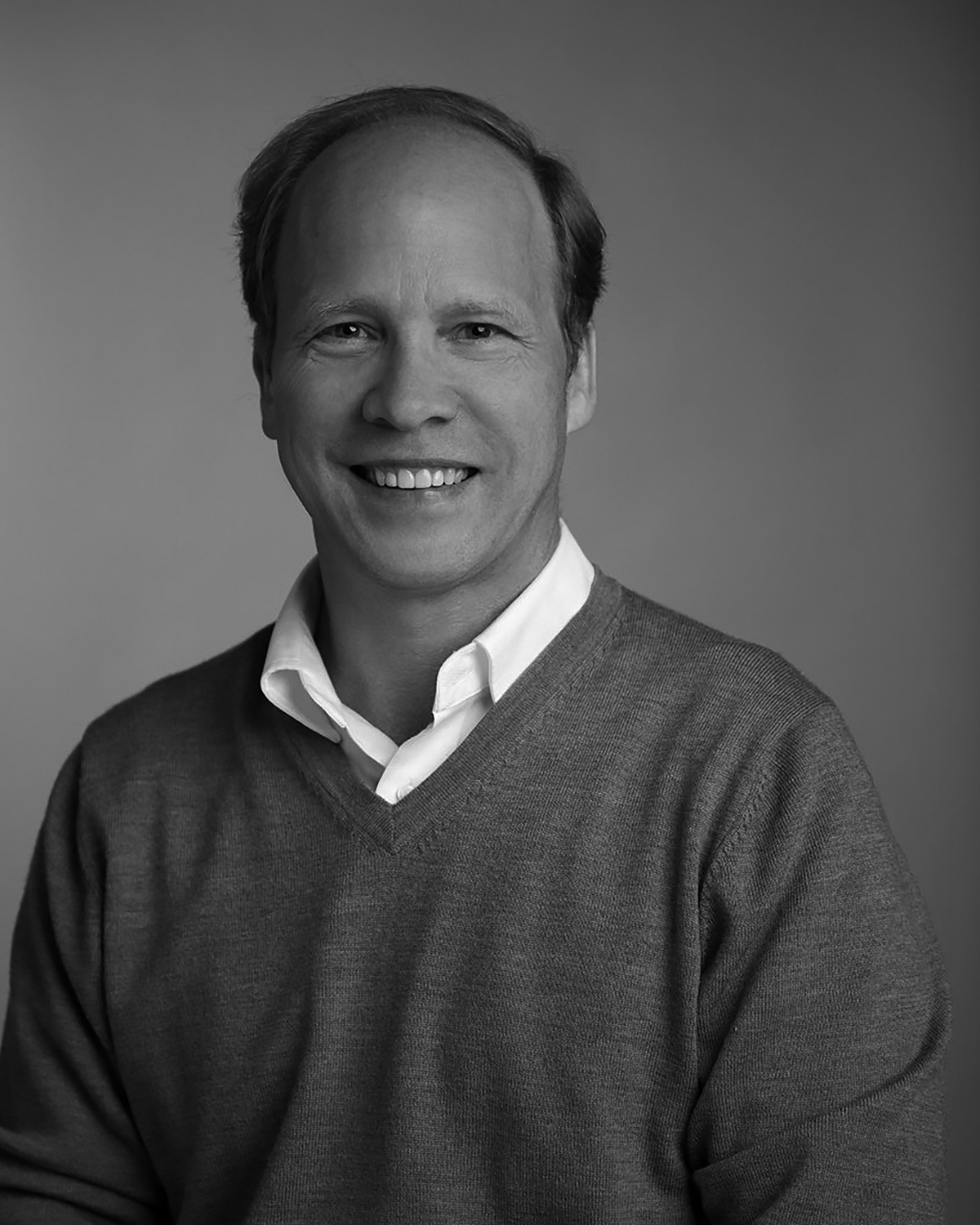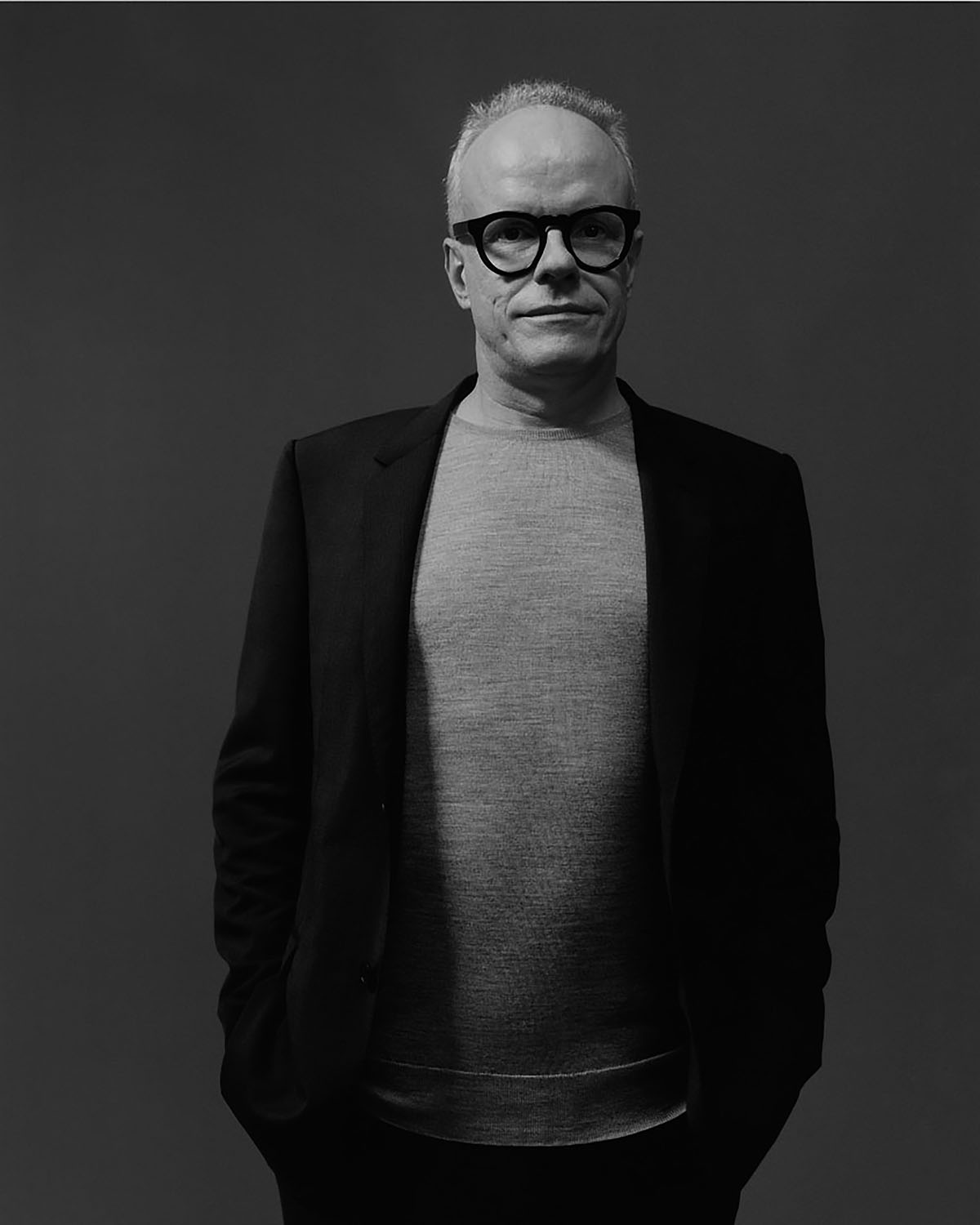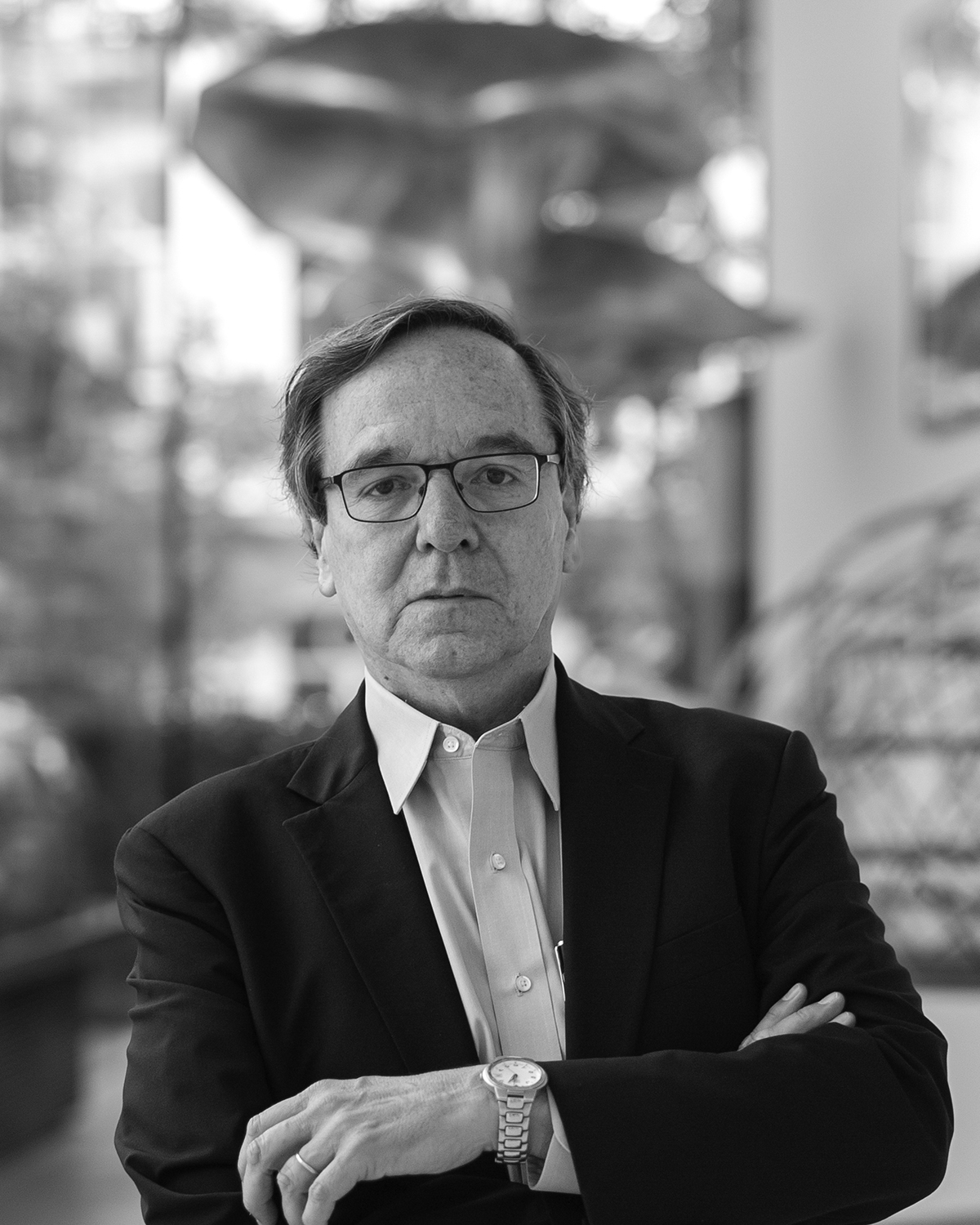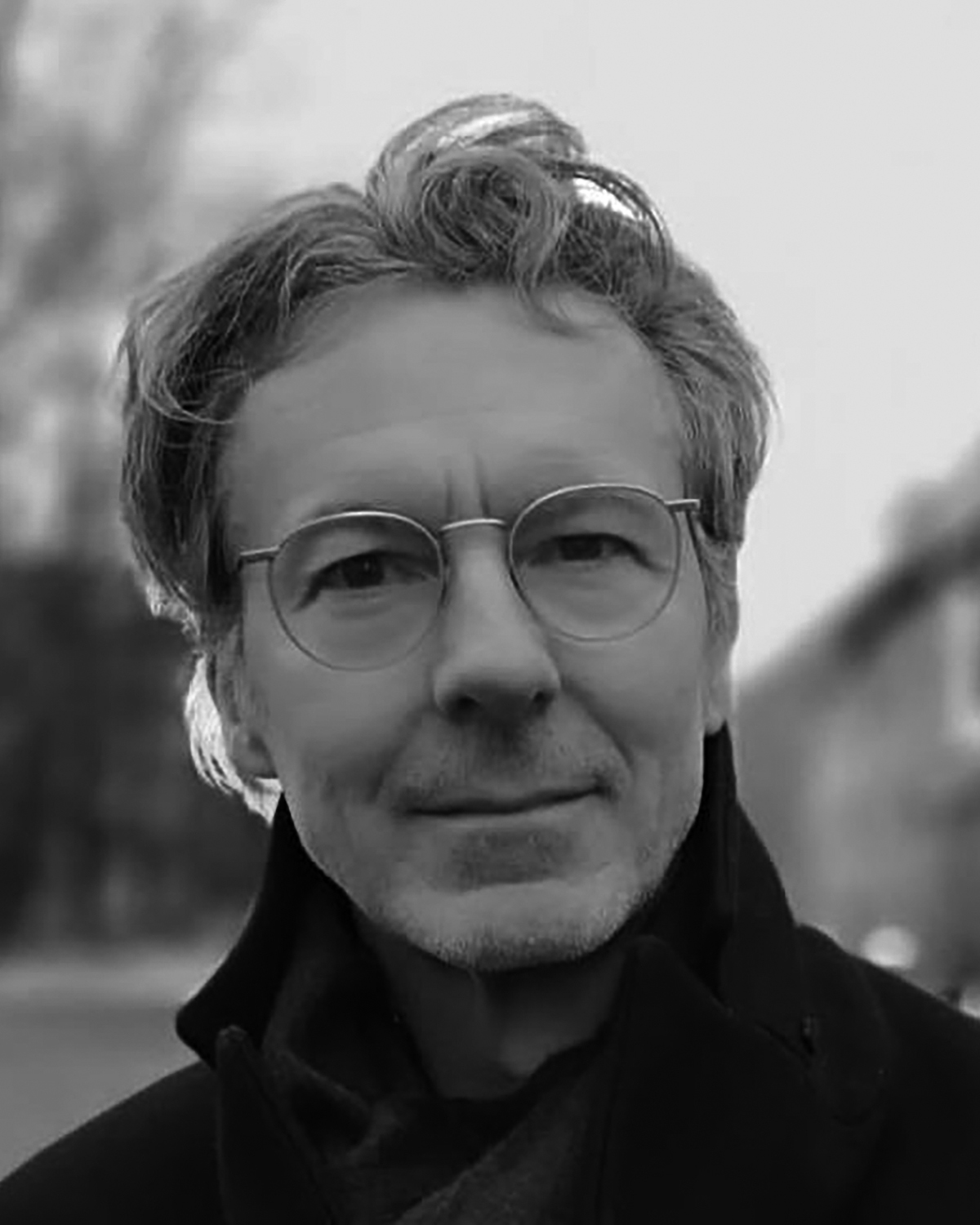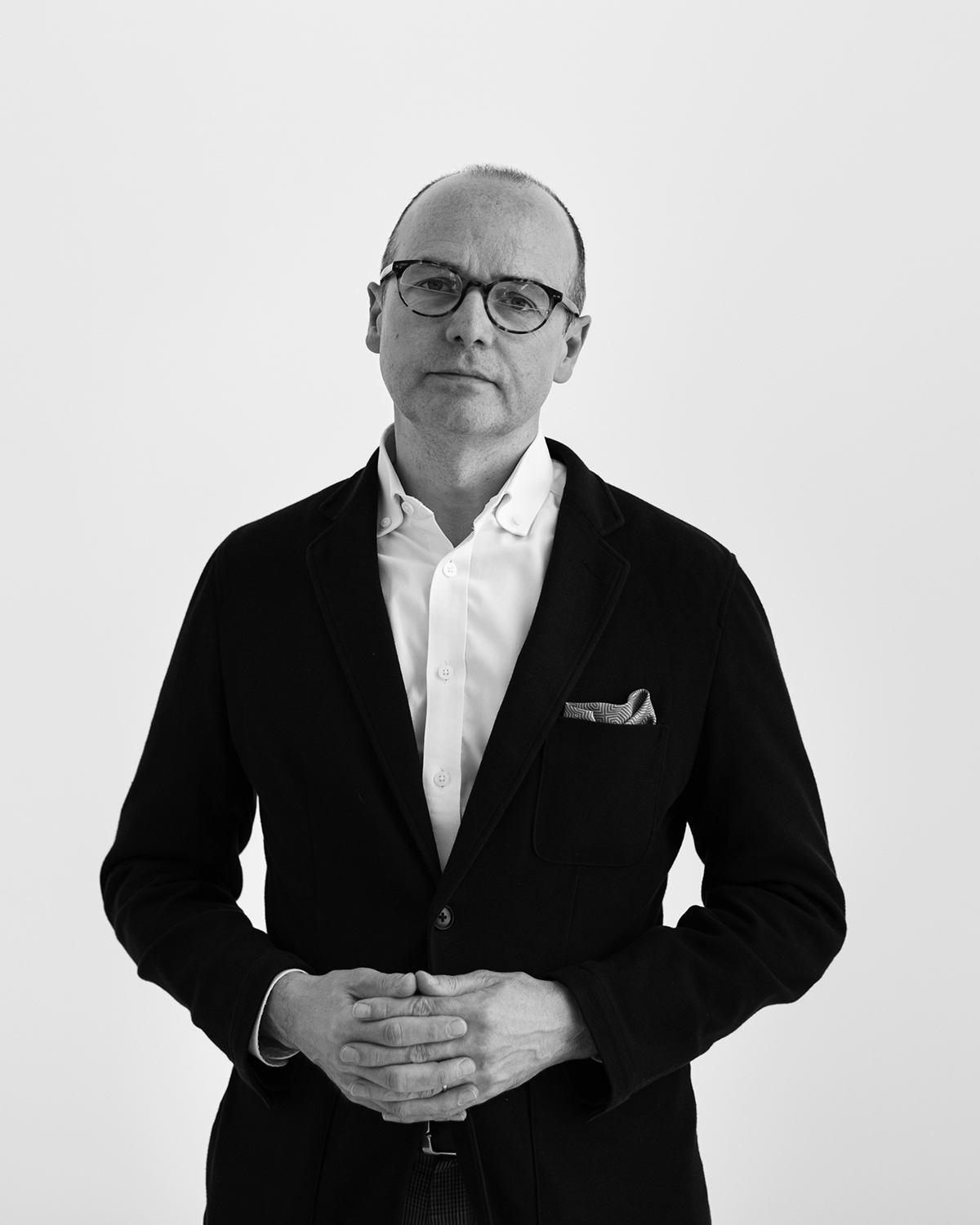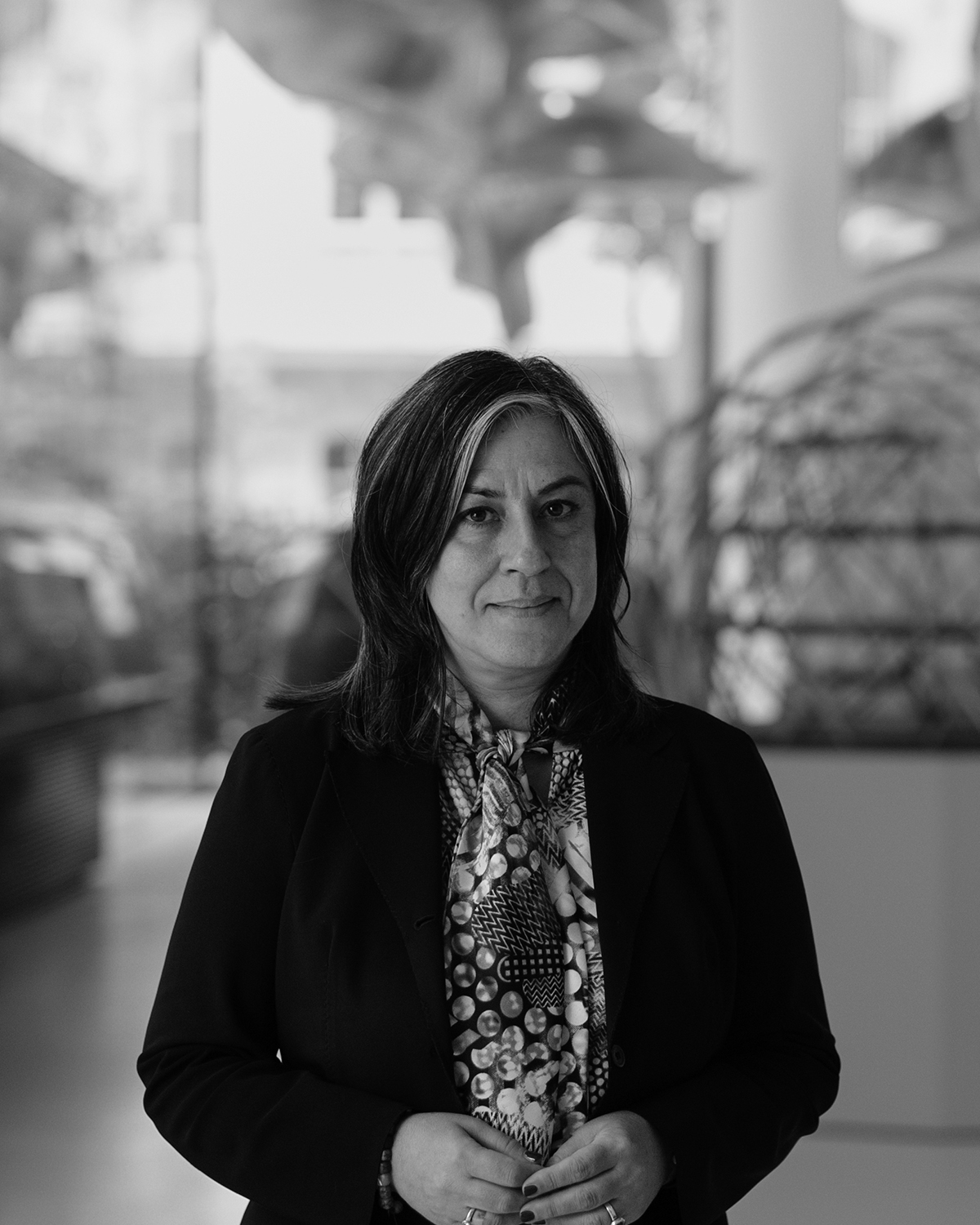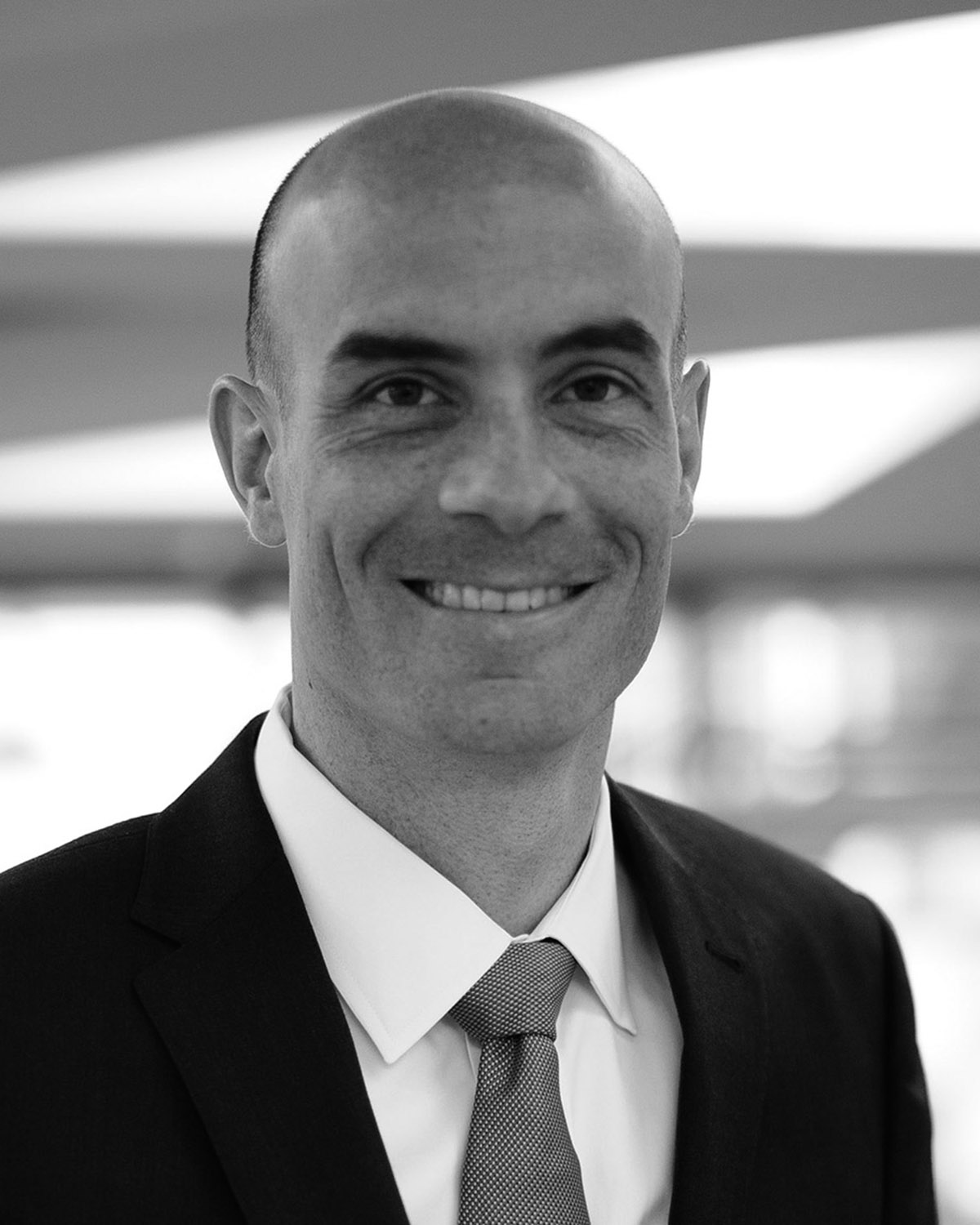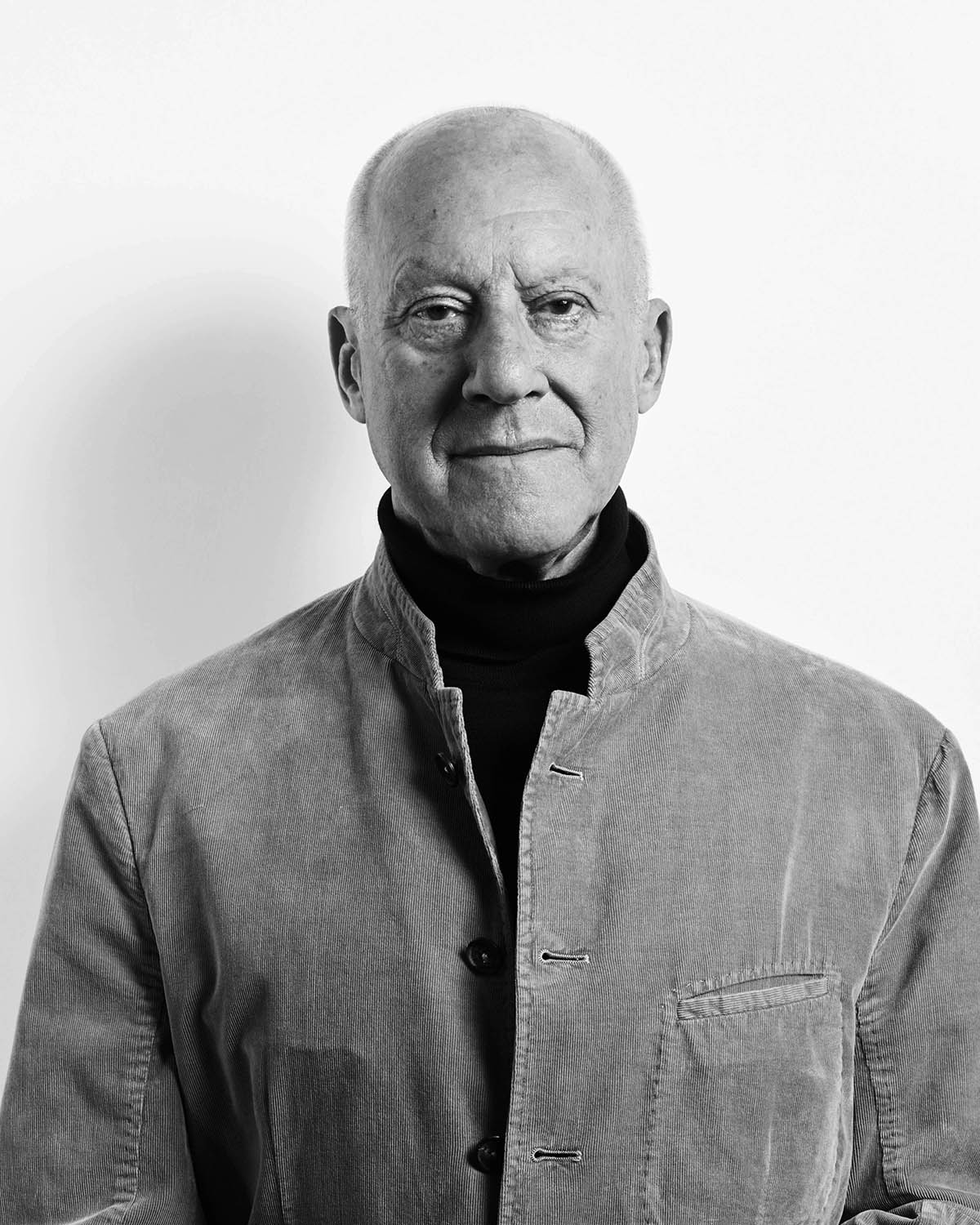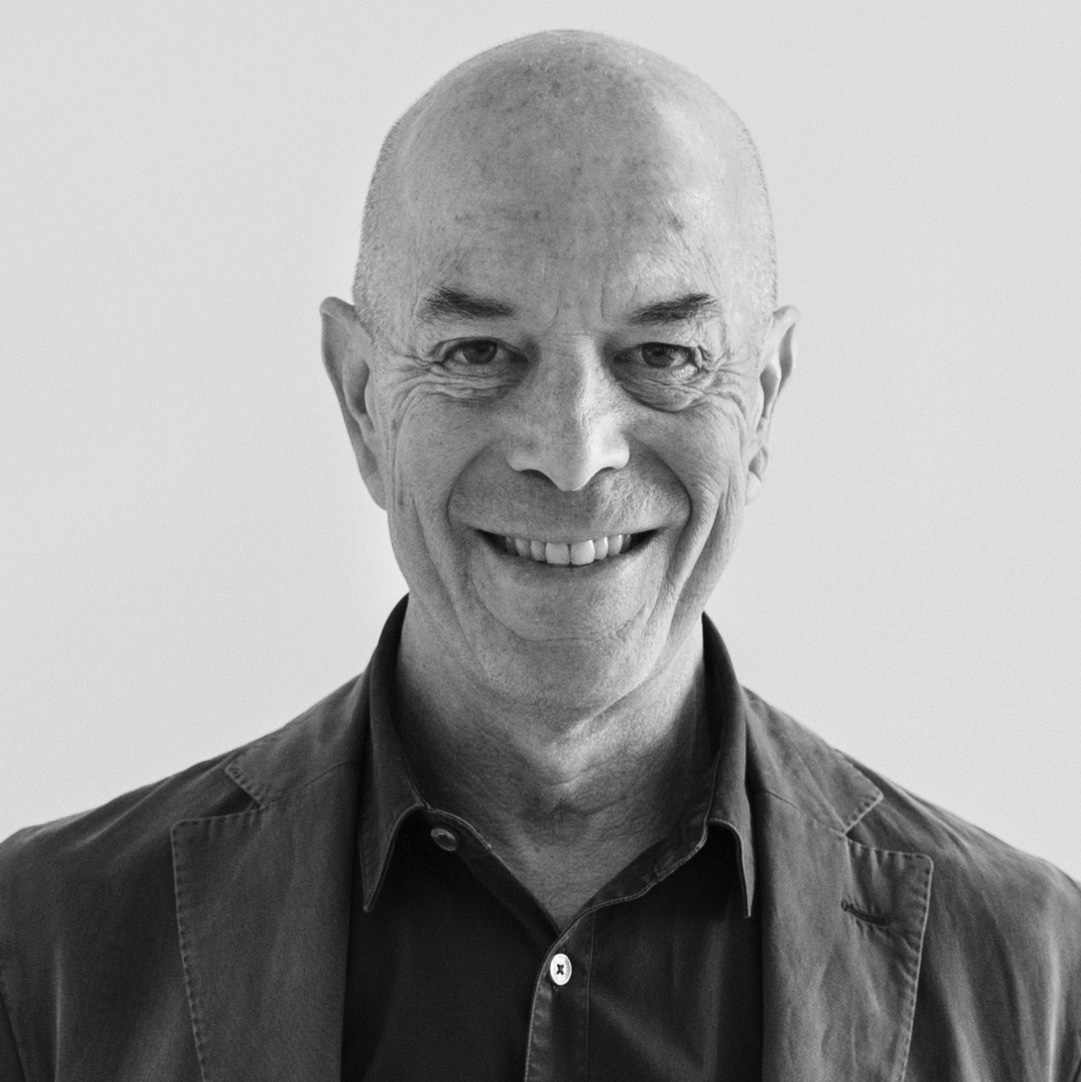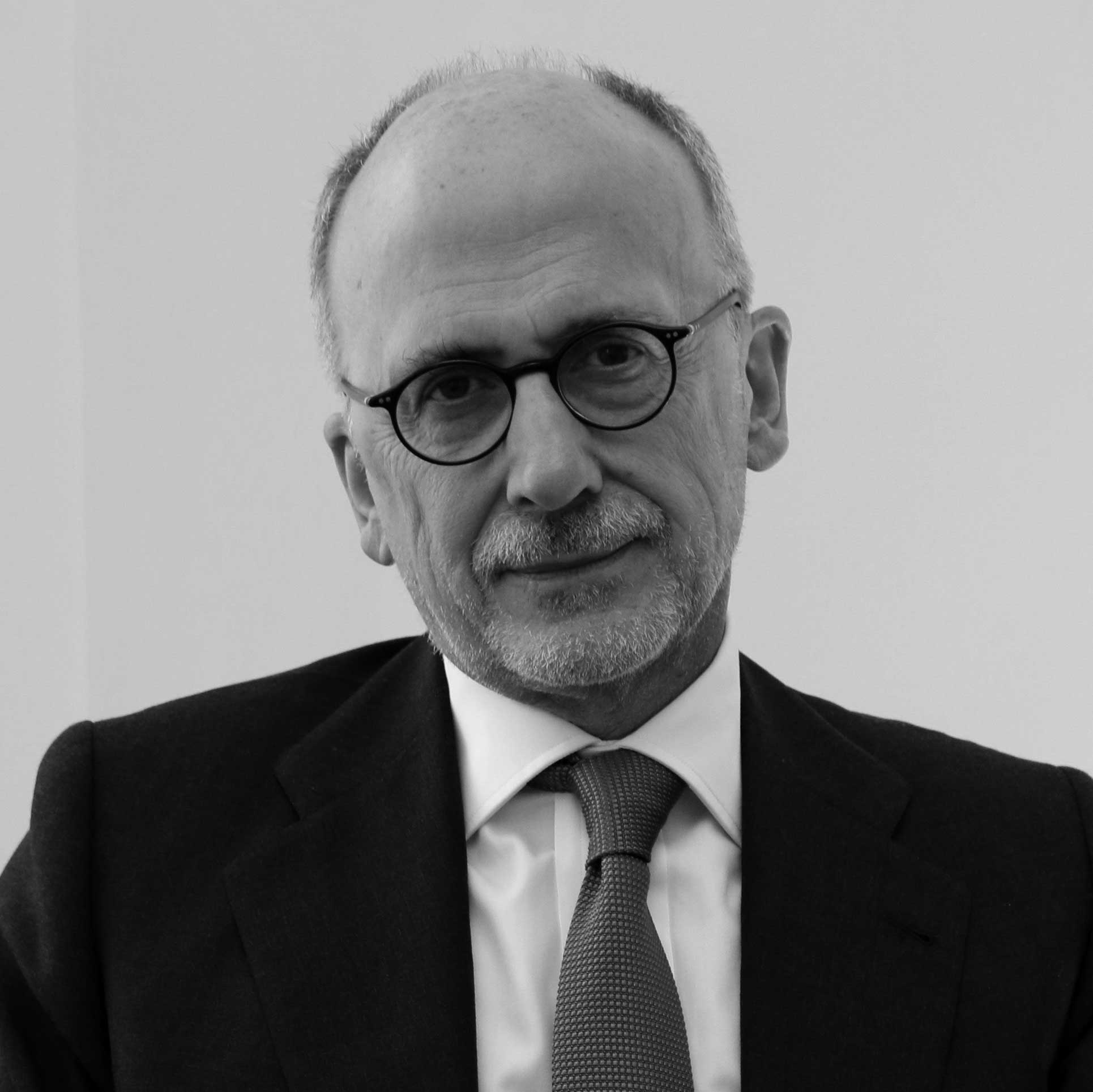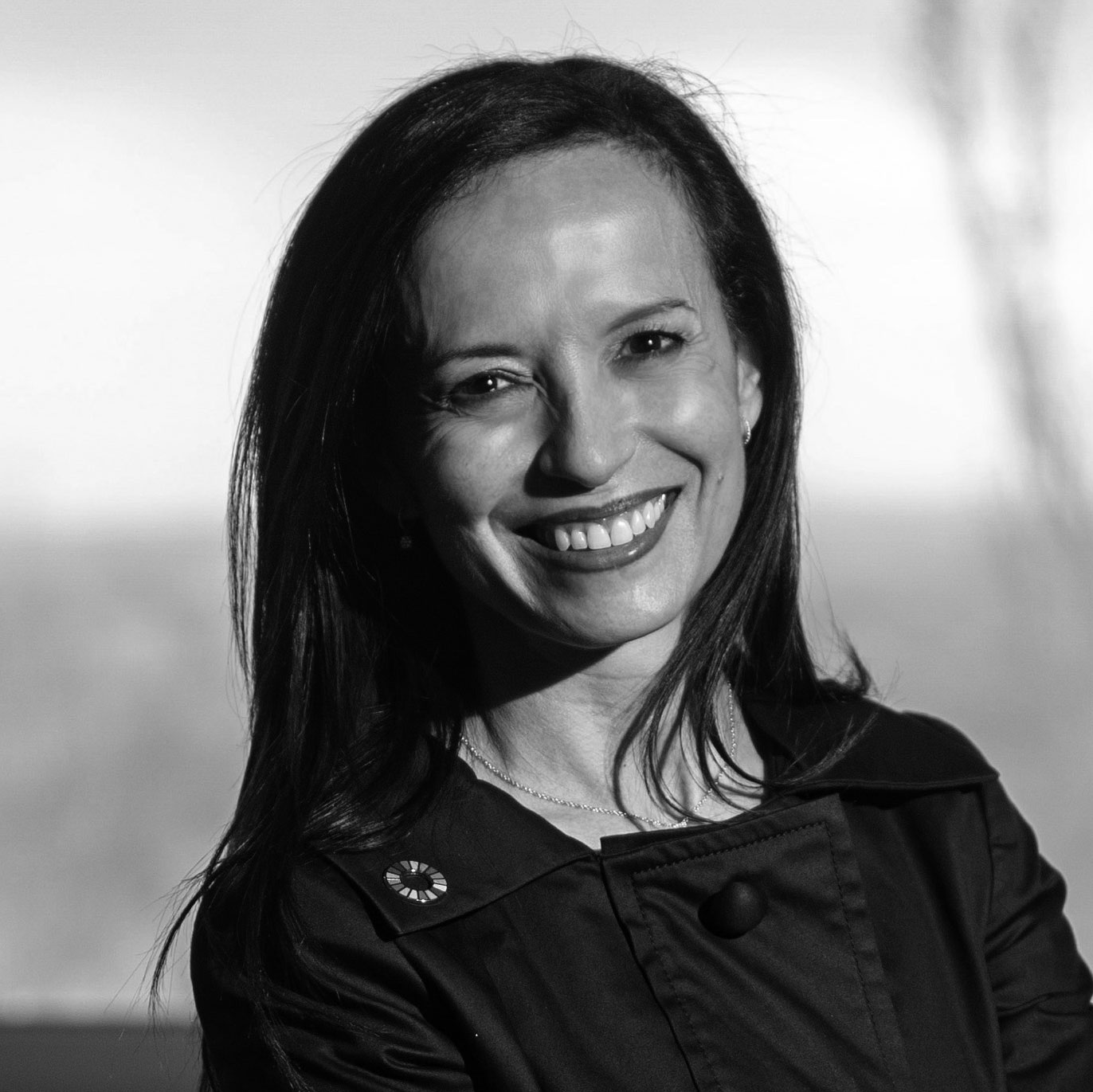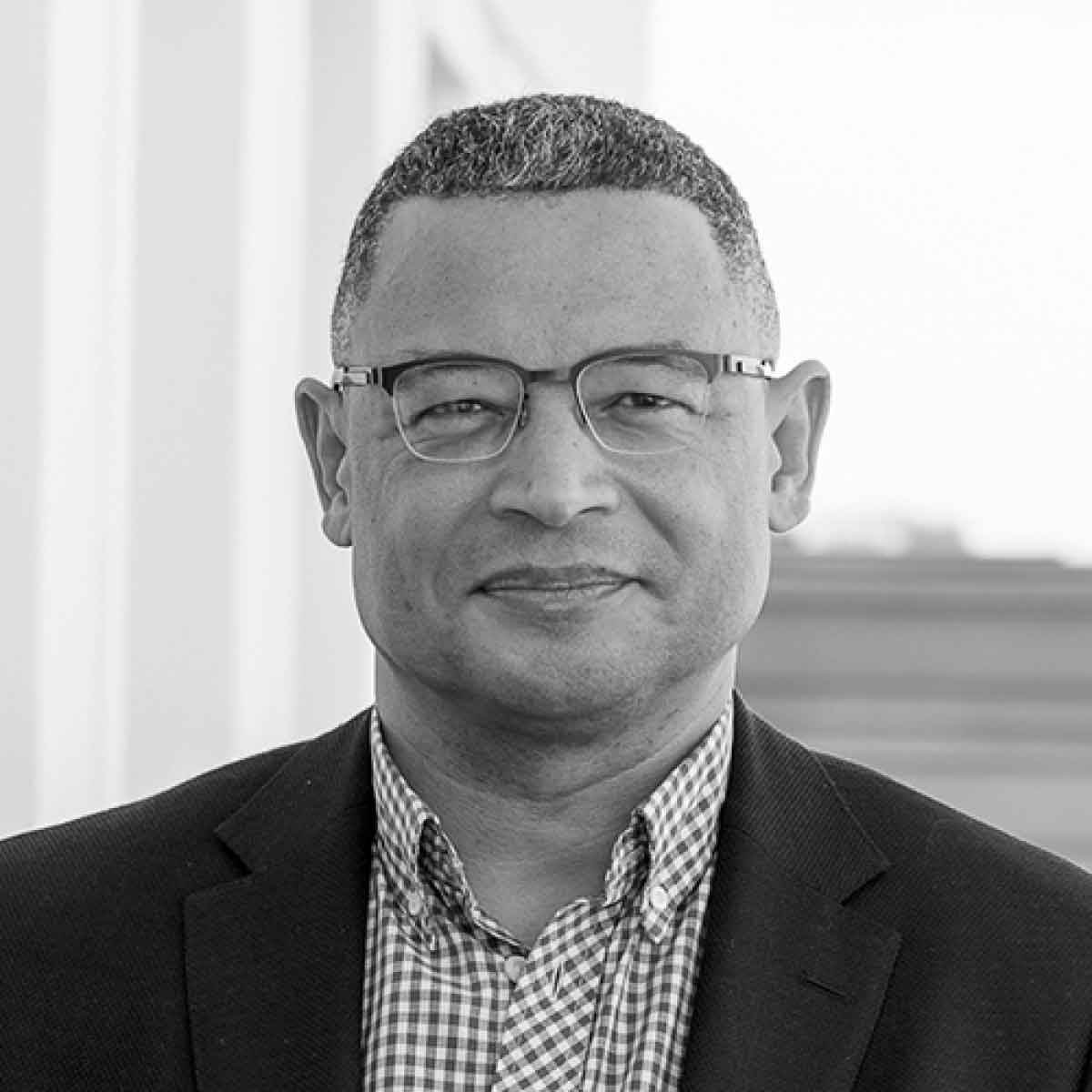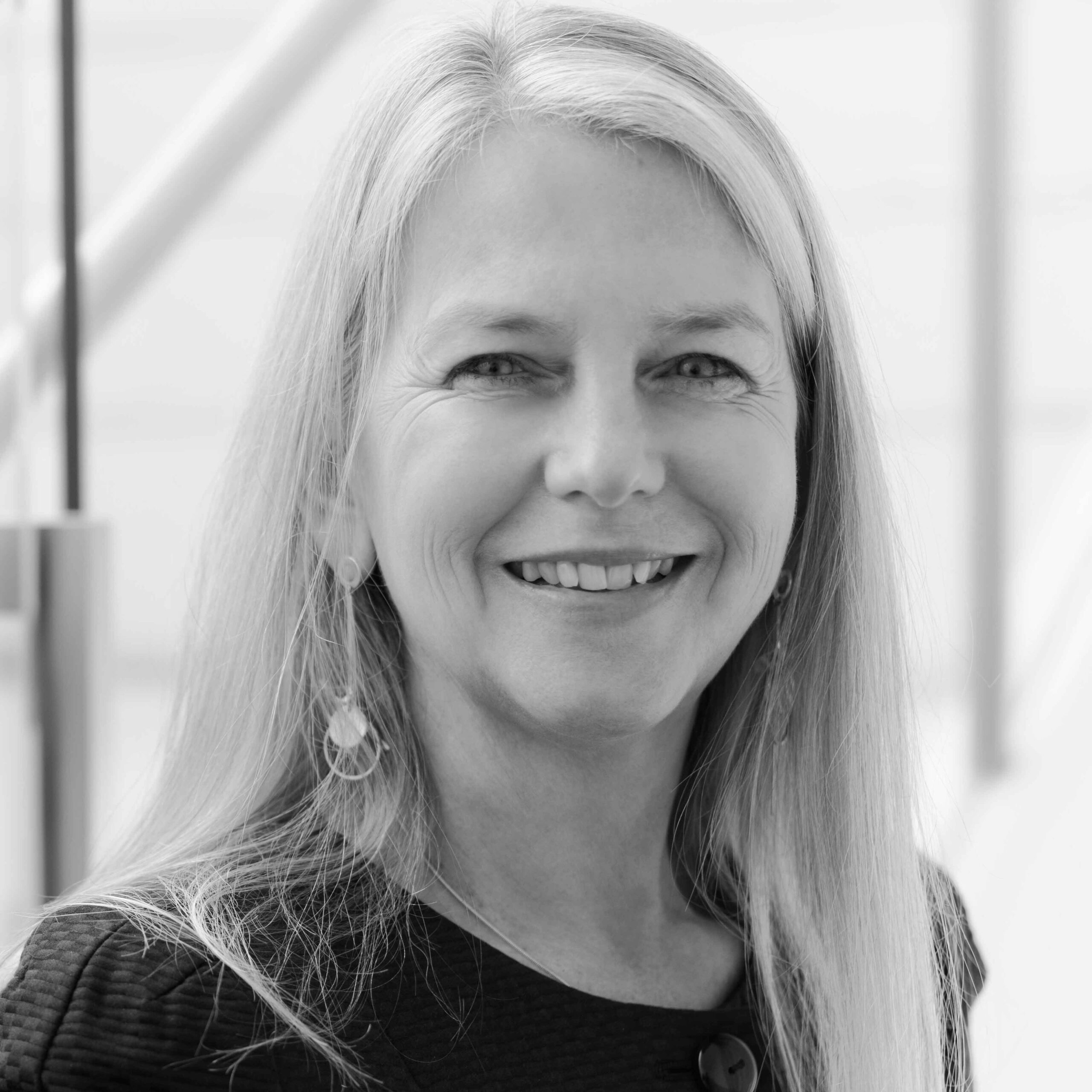Our Programme
Introduction to the Programme on Sustainable Cities
The first NFI initiative is a one-year Programme on Sustainable Cities with a global view. Time is divided between lectures, research and on-site experience within selected areas and with city planners and administrators. The programme is open to graduate and postgraduate students, as well as professionals with a background in Architecture, Planning, Economics, Science, Engineering, Sociology and Anthropology, among other disciplines.
About the course
LANGUAGE English
CAMPUS Madrid, Spain
LENGTH 1 year
MODE OF STUDY Full Time
FORMAT In Person
DATES January – December
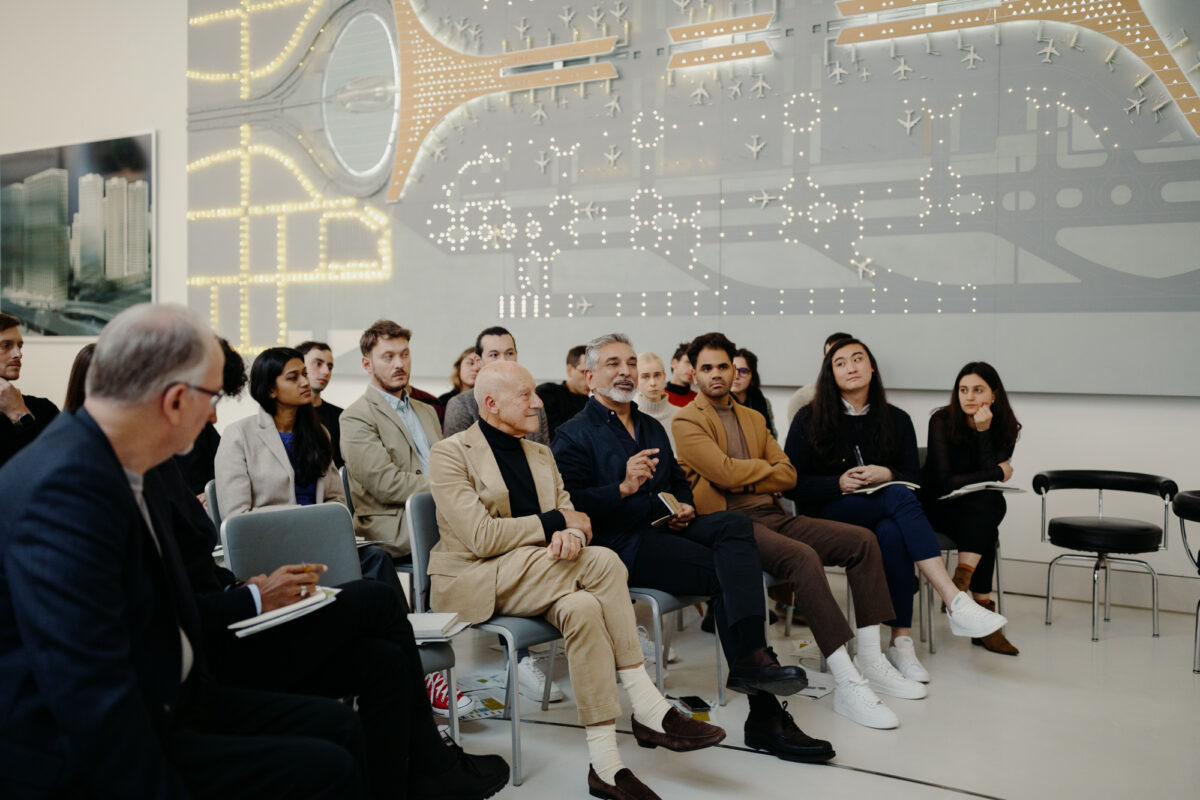
About the course
LANGUAGE English
CAMPUS Madrid, Spain
LENGTH 1 year
MODE OF STUDY Full Time
FORMAT In Person
DATES January – December

Stages
STAGE 1
Foundations
The first four weeks of the programme consist of an in-depth study of the concepts and processes necessary to understand a city. Through seminars by experts followed by brainstorming and round-table debate with the academic body on relevant themes and pilot cities, scholars engage with the foundations of a city.
Skill Courses
Sustainable Policies Framework
- Sustainable Development Goals
- Green building standards
- EU taxonomy
Historical Research Methods
- Archives and sources
- Cartography
- Global history
Leadership Skills
- Governance
- Ethical boundaries
- Participatory processes
STAGE 2
Transformations
The second stage of the programme lasts for 12 weeks and is devoted to the layers of transformations of the city, essential skills and project development work. This stage culminates with preparation and visits to the cities with a focus on the scale of the neighbourhood. Scholars study and debate these issues to create a small number of well-defined project assignments in the form of Challenges and Opportunities for selected areas in each city.
Skill Courses
Urban Analytics I
- QGIS
- Python
- Data preparation
- Data modelling
- Urban metrics
Research & Communication
- Research methodologies & ethics
- Archives & sources
- Dissemination & publishing
- Presenting
- Mapping theory & graphics
Innovation & Entrepreneurship
- Business models
- Fundraising
- Feasibility & benchmarks
- Scaling up
- Incubators & accelerators
STAGE 3
Interventions
The third stage of the programme focuses on the development of project proposals for selected areas and testing strategies for improvement through hands-on technical workshops and skills courses. The performance of the proposals is evaluated through three main factors of interest: Urban Infrastructure and Morphology, Human Dynamics and Environmental Dynamics.
Skill Courses
Urban Analytics II
- Network analysis
- Statistical aggregations
- Data mining
- Data visualisation
- Evidence-based workflows
Leadership & Project Planning
- Team management
- Risk taking and decision making
- Collaborative project planning
- Agile project development
Engagement & Outreach
- Stakeholder outreach
- Public participation
- Crowdfunding
- Social media management
- Marketing and promotion
STAGE 1
Foundations
The first four weeks of the programme consist of an in-depth study of the concepts and processes necessary to understand a city. Through seminars by experts followed by brainstorming and round-table debate with the academic body on relevant themes and pilot cities, scholars engage with the foundations of a city.
STAGE 2
Transformations
The second stage of the programme lasts for 12 weeks and is devoted to the layers of transformations of the city, essential skills and project development work. This stage culminates with preparation and visits to the cities with a focus on the scale of the neighbourhood. Scholars study and debate these issues to create a small number of well-defined project assignments in the form of Challenges and Opportunities for selected areas in each city.
STAGE 3
Interventions
The third stage of the programme focuses on the development of project proposals for selected areas and testing strategies for improvement through hands-on technical workshops and skills courses. The performance of the proposals is evaluated through three main factors of interest: Urban Infrastructure and Morphology, Human Dynamics and Environmental Dynamics.
Skill Courses
Sustainable Policies Framework
- Sustainable Development Goals
- Green building standards
- EU taxonomy
Historical Research Methods
- Archives and sources
- Cartography
- Global history
Leadership Skills
- Governance
- Ethical boundaries
- Participatory processes
Skill Courses
Urban Analytics I
- QGIS
- Python
- Data preparation
- Data modelling
- Urban metrics
Research & Communication
- Research methodologies & ethics
- Archives & sources
- Dissemination & publishing
- Presenting
- Mapping theory & graphics
Innovation & Entrepreneurship
- Business models
- Fundraising
- Feasibility & benchmarks
- Scaling up
- Incubators & accelerators
Skill Courses
Urban Analytics II
- Network analysis
- Statistical aggregations
- Data mining
- Data visualisation
- Evidence-based workflows
Leadership & Project Planning
- Team management
- Risk taking and decision making
- Collaborative project planning
- Agile project development
Engagement & Outreach
- Stakeholder outreach
- Public participation
- Crowdfunding
- Social media management
- Marketing and promotion
Pilot Cities 2024
Athens
Athens, a Mediterranean capital with a rich historical heritage and international significance, offers an expansive scope for study. Scholars will explore the complexities of urban development within a dense sprawling context, gaining valuable insights into sustainable strategies at the neighbourhood level that can be applied on a global scale.
Bilbao
Bilbao, a medium-sized city, presents a distinctive context for analysis. The fieldwork will allow scholars to delve into the transformation of post-industrial landscapes and explore the integration of sustainability principles with cultural revitalisation.
San Marino
San Marino, an enclaved microstate, offers a unique context comprised of conurbations. Scholars will have the opportunity to conduct in-depth analyses within a smaller scope, focusing on strategies for sustainable development in a close-knit community.
Admissions
Official Certification
The NFI provides a Master’s Degree Diploma for the Programme on Sustainable Cities, in partnership with the Universidad Autónoma de Madrid signed by the Co-Directors Norman Foster, President of the Norman Foster Foundation and Advocate of the United Nations Forum of Mayors and Kent Larson, Director of the City Science Group at the Massachusetts Institute of Technology (MIT) Media Lab. Additionally, it is signed by the NFI Provost, Prof. Edgar Pieterse, Founding Director of the African Centre for Cities (ACC) at the University of Cape Town, Cape Town, South Africa, and the Rector of Universidad Autónoma de Madrid, Prof. Amaya Mendikoetxea.
Application form
Download the application form – Applicants are required to submit all the required materials within the applications period.
A Selection Committee designated by the Academic Council will review the applications following excellence standards. Learn more about the different stages by downloading the application form.
Scholarship
Scholarship – The NFI awards scholarships to talented applicants in need of financial support, based on merit, distinctive competencies, background and/or academic excellence.
Admissions
Official Certification
The NFI provides a Master’s Degree Diploma for the Programme on Sustainable Cities, in partnership with the Universidad Autónoma de Madrid signed by the Co-Directors Norman Foster, President of the Norman Foster Foundation and Advocate of the United Nations Forum of Mayors and Kent Larson, Director of the City Science Group at the Massachusetts Institute of Technology (MIT) Media Lab. Additionally, it is signed by the NFI Provost, Prof. Edgar Pieterse, Founding Director of the African Centre for Cities (ACC) at the University of Cape Town, Cape Town, South Africa, and the Rector of Universidad Autónoma de Madrid, Prof. Amaya Mendikoetxea.
Application guidelines
Register to receive the application guidelines – Applicants are required to submit all the required materials within the applications period.
A Selection Committee designated by the Academic Council will review the applications following excellence standards. Learn more about the different stages by downloading the application form.
Scholarship
The NFI awards scholarships to talented applicants in need of financial support, based on merit, distinctive competencies, background and/or academic excellence.
Register here
Apply for a Scholarship
Academic Council
Academic Chairs
Full Academic Body List



